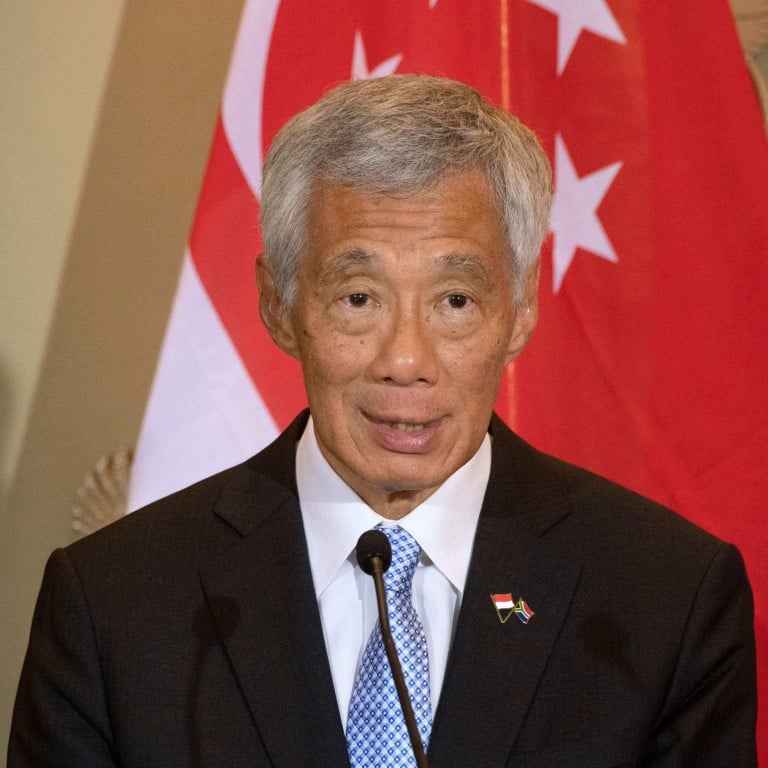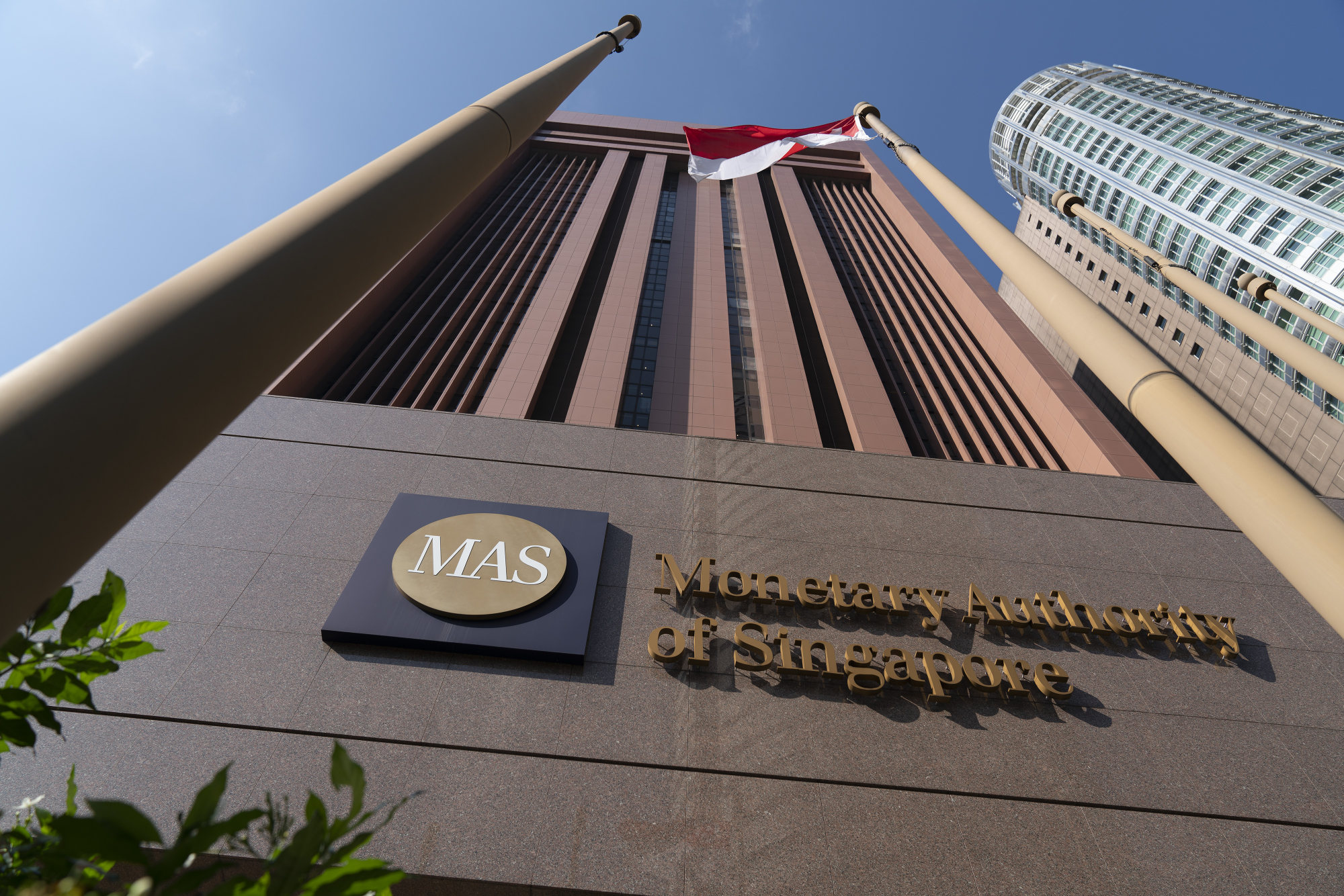
Singapore’s PM Lee Hsien Loong says reserves adequate for ‘most circumstances’, warns against unnecessary drawdowns
- Prime Minister Lee has called for prudent use of Singapore’s reserves as it is unlikely to reap the same scale of savings and investment returns as in the past
- He said that Singapore should continue to build its reserves to ensure that the next generation is in a more secure position
In an interview with the national broadcaster CNA, Lee suggested the biggest public “misconception” about the reserves was that there was “such a thing as enough” given that the scale of future crises is unknown.
“However much there is, I keep on having this attitude that I would like to build it up a little bit more when I can, so that the next generation will be in a more secure position than I am today,” Lee said in the interview released on YouTube and to be aired on television later on Wednesday.
Lee’s remarks are some of the most extensive by a public official about the republic’s much-vaunted reserves, built up since the days when his late father Lee Kuan Yew served as prime minister.
Singapore warns against foreign interference ahead of presidential poll
The total size of the reserves is deliberately undisclosed to guard against speculative attacks on the Singapore dollar, but observers have said the sum is likely to be well over US$1 trillion.
Current policy dictates that a sitting government can tap up to 50 per cent of the long-term expected returns of the reserves, known as the net investment returns contribution (NIRC), for the annual budget.
Once it’s gone, it will never come back. It’s finished, you cannot build it up again
Lee said in the interview that he was proud of Singapore’s efforts to build up its reserves, but was “anxious that we keep it like this for as long as we can”.
“Because it’s one of those things: once it’s gone, it will never come back. It’s finished, you cannot build it up again,” Lee said. He noted that Singapore was able to put aside substantial savings in earlier years when annual growth ranged from 8 to 12 per cent and budget surpluses ranged from 5 to 10 per cent.
“Today we’re not as poor as we were before. Our incomes are higher, standard of living is higher,” said Lee, adding that Singapore’s expectations and needs have also risen.
The prime minister said the ruling party’s fourth-generation or “4G” team set to succeed him and his peers are “very conscious” that the returns from the reserves are unlikely to grow sharply while spending needs rise – especially as Singapore becomes a “super-aged society” by 2030.
Singaporeans need to understand that the reserves were a “valuable asset” that is to be used “when you need to, but don’t fritter it away”.

The prime minister also noted how the S$40 billion drawn down during the Covid-19 pandemic allowed the government to preserve jobs while not having to borrow funds.
Among other things, the reserve drawdown was used to fund substantial wage subsidies even as the economy suffered from the pandemic-driven tailspin.
Lee said the financial firepower afforded by the reserves also allowed Singapore to be among the first to secure Covid-19 vaccines as it was ready to pay a premium if needed, as opposed to countries that had to take a “haggling and bargaining approach” to secure their supply of the jabs.
In the interview, Lee detailed the extent of the NIRC’s contribution to the annual budget. He spelled out that at present the NIRC amounted to a fifth of government revenue, or 3.5 per cent of annual gross domestic product (GDP).
Corporate income tax is the biggest contributor to government revenue, amounting to 3.6 per cent of GDP. Other major income streams include personal income tax and the goods and services tax.
‘Extreme’ US-China rivalry could be economically ‘disastrous’: Singapore’s Wong
The NIRC was “equal to [funding] more than one ministry for free”, Lee said, adding that in its absence other taxes would have to be substantially hiked.
“So when people say ‘why don’t we use the reserves to benefit the current generation?’ The answer is, we are, to a very big degree but you may not realise it because we have gotten used to it,” he said.
The PAP has frequently contended with calls from fiscal doves for the current 50 per cent threshold long-term returns from the reserves to be increased.
Piyush Gupta, the chief executive officer of Singapore’s biggest bank DBS, suggested in a conference this week that the city state should consider using its reserves to “address the underbelly of society” and to scale up in emerging sectors.

